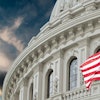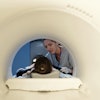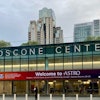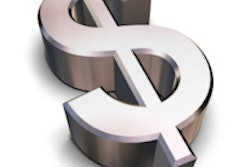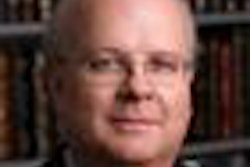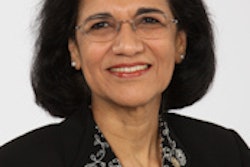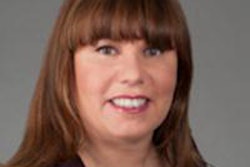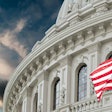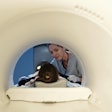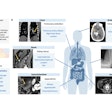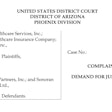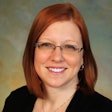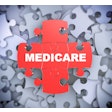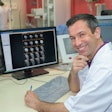
The growth rate of U.S. healthcare spending in 2012 remained low for a fourth straight year, at 3.7%, according to a report in the January issue of Health Affairs. The numbers raise questions about whether there has been a permanent shift in U.S. health spending -- or whether spending will bounce back as the economy improves.
Even Medicare spending slowed, mainly due to smaller reimbursement increases, the analysis by the U.S. Centers for Medicare and Medicaid Services (CMS) showed.
"For the second straight year, we have seen overall healthcare costs grow slower than the economy as a whole. This is good news," said CMS Administrator Marilyn Tavenner in a statement. "We will continue to work with tools given to us by the Affordable Care Act that will both help us control costs for taxpayers and consumers while increasing the quality of care."
Lead author Anne Martin, an economist with CMS' Office of the Actuary, and colleagues found that 2012 healthcare spending growth was similar to the rates for 2010 (3.8%) and 2011 (3.6%). This followed a slowdown that began in 2003, after a peak of 9.7% in 2002. In addition, the share of the U.S. economy devoted to healthcare fell slightly in 2012 from its 2011 level -- from 17.3% to 17.2% (Health Affairs, January 2014, Vol. 33:1, pp. 67-77).
The Affordable Care Act (ACA) of 2010 had a minimal effect on overall national health spending growth through 2012, although several provisions implemented in 2010 and 2011 affected payors and programs that financed healthcare spending in 2012, according to the authors. This included higher Medicaid rebates for prescription drugs, the Medicare drug coverage gap discount program, coverage for dependents younger than age 26, and the minimum medical loss ratio provision.
Spending among healthcare payors varied in 2012, with faster growth in Medicaid and out-of-pocket spending, but slightly slower growth in private health insurance and Medicare spending, according to the report. Medicaid spending growth -- both federal and state and local combined -- increased from 2.4% in 2011 to 3.3% in 2012, as some states withdrew previous payment cuts or expanded care, Martin's team wrote.
Medicare growth slowed from 5% in 2011 to 4.8% in 2012, which the group attributed to a one-time payment reduction for skilled nursing facilities, as well as lower fee-for-service payment updates for hospitals and most other providers.
"Medicare accounted for 20% of national health spending in 2012, with expenditures reaching $572.5 billion," the authors wrote.
Healthcare spending increased in 2012 in hospital care, physician and clinical services, prescription drugs, and private health insurance, as shown below.
| Growth in overall U.S. healthcare spending | ||||
| Spending area | 2011 | 2012 | ||
| Amount | Growth | Amount | Growth | |
| Hospital care | $840.8 billion | 3.5% | $882.3 billion | 4.9% |
| Physician and clinical services | $540.1 billion | 4.1% | $565 billion | 4.6% |
| Prescription drugs | $262.2 billion | 2.5% | $263.3 billion | 0.4% |
| Private health insurance | $888.8 billion | 3.4% | $917 billion | 3.2% |
Growth in hospital care and physician and clinical services in 2012 were due in part to increased use and intensity of services, Martin and colleagues wrote.
Within just the Medicare system, spending for hospital services increased by 4.5% in 2012, compared with 3.6% in 2011, boosted by the influx of new enrollees; physician services (which account for 80% of physician and clinical services spending) grew by 4% in 2012, up from 3.5% the year before.
What do these patterns say about U.S. health spending? They're consistent with historical experience when health spending as a share of the gross domestic product stabilizes two to three years after the end of a recession and then increases when the economy improves, the authors wrote. But do they indicate a more fundamental change?
"From our perspective, more historical evidence is needed before concluding that we have observed a structural break in the historical relationship between the health sector and the overall economy," they concluded.


